
Dhigurah: A Slice of Paradise in the Maldives
Dhigurah is a picturesque island located in the Alif Dhaal Atoll of the Maldives, renowned for its stunning white sandy beaches and crystal-clear turquoise waters. This idyllic destination offers a perfect blend of tranquility and adventure, making it an ideal spot for both relaxation and exploration. The island is famous for its long stretch of beach, which is one of the longest in the Maldives. Here, you can take leisurely walks along the shore, feel the soft sand beneath your feet, and enjoy the breathtaking views of the Indian Ocean. The warm waters are perfect for swimming, and the vibrant underwater life makes it a prime spot for snorkeling and diving. You can encounter whale sharks, manta rays, and a variety of colorful fish in their natural habitat. Dhigurah's local culture is warm and welcoming. The island has a small population, which allows you to experience an authentic Maldivian lifestyle. You can visit local cafes and enjoy traditional Maldivian cuisine, which is a delightful mix of fresh seafood, coconut, and aromatic spices. The island also offers opportunities for water sports such as kayaking, paddleboarding, and fishing, ensuring there is something for everyone. Whether you are looking to unwind on a pristine beach, explore vibrant marine life, or immerse yourself in local culture, Dhigurah provides an unforgettable experience. Its serene beauty and friendly atmosphere make it a must-visit destination in the Maldives.
Local tips in Dhigurah
- Visit during the dry season, from November to April, for the best weather conditions.
- Book a whale shark snorkeling tour; Dhigurah is one of the best places in the world to see these gentle giants.
- Respect local customs and dress modestly, especially when visiting the village area.
- Bring reef-safe sunscreen to protect the delicate marine ecosystem.
- Try local dishes such as 'mas huni' (tuna and coconut salad) and 'garudhiya' (fish soup) for an authentic culinary experience.
Dhigurah: A Slice of Paradise in the Maldives
Dhigurah is a picturesque island located in the Alif Dhaal Atoll of the Maldives, renowned for its stunning white sandy beaches and crystal-clear turquoise waters. This idyllic destination offers a perfect blend of tranquility and adventure, making it an ideal spot for both relaxation and exploration. The island is famous for its long stretch of beach, which is one of the longest in the Maldives. Here, you can take leisurely walks along the shore, feel the soft sand beneath your feet, and enjoy the breathtaking views of the Indian Ocean. The warm waters are perfect for swimming, and the vibrant underwater life makes it a prime spot for snorkeling and diving. You can encounter whale sharks, manta rays, and a variety of colorful fish in their natural habitat. Dhigurah's local culture is warm and welcoming. The island has a small population, which allows you to experience an authentic Maldivian lifestyle. You can visit local cafes and enjoy traditional Maldivian cuisine, which is a delightful mix of fresh seafood, coconut, and aromatic spices. The island also offers opportunities for water sports such as kayaking, paddleboarding, and fishing, ensuring there is something for everyone. Whether you are looking to unwind on a pristine beach, explore vibrant marine life, or immerse yourself in local culture, Dhigurah provides an unforgettable experience. Its serene beauty and friendly atmosphere make it a must-visit destination in the Maldives.
When is the best time to go to Dhigurah?
Iconic landmarks you can’t miss
Dhiguveli Maldives
Experience the serene beauty of Dhiguveli Maldives, where local hospitality meets breathtaking beaches and vibrant marine life.
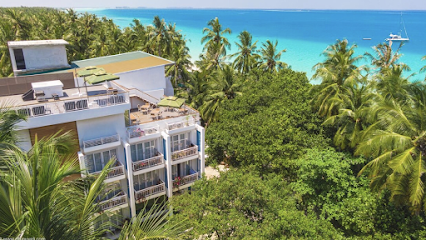
Bliss Dhigurah
Discover the serene charm of Bliss Dhigurah, where modern comforts meet the stunning beauty of the Maldives' pristine beaches.

Hermit's
Discover the culinary delights of Hermit's in Dhigurah, where fresh seafood and vibrant flavors meet a warm Maldivian welcome.
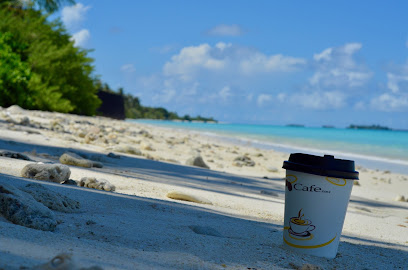
White Sand Dhigurah Guest House
Discover the tranquility and charm of White Sand Dhigurah Guest House, your perfect Maldivian getaway for relaxation and adventure.
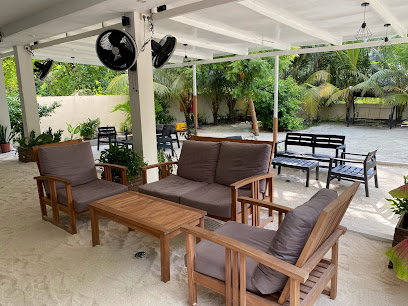
Boutique Beach All Inclusive Diving Hotel
Discover the beauty of diving and relaxation at Boutique Beach All Inclusive Diving Hotel in Dhigurah, Maldives, where luxury meets adventure.
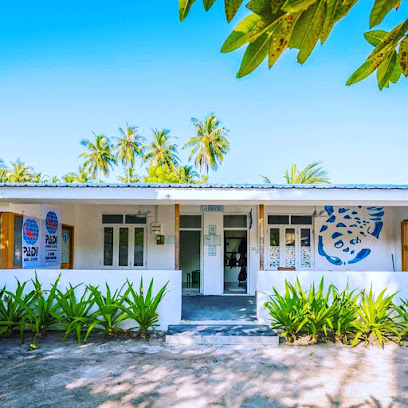
TME Retreats Dhigurah
Discover serenity and adventure at TME Retreats Dhigurah, a charming guest house in the heart of the Maldives, perfect for relaxation and exploration.

Ithaa Dhigurah
Experience the ultimate relaxation at Ithaa Dhigurah, a luxurious hotel in the Maldives offering breathtaking ocean views and top-notch amenities.
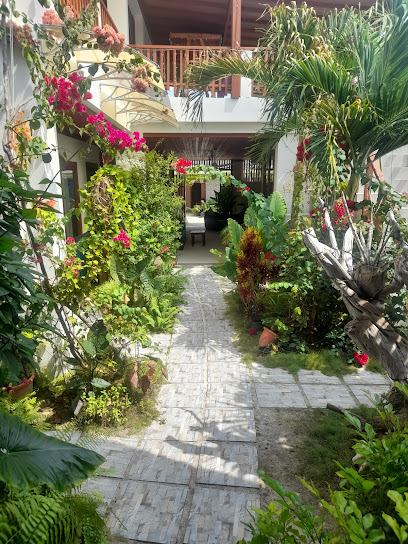
Ufa Escape
Discover the tranquil beauty of Ufa Escape in Dhigurah, Maldives, where comfort meets adventure in a serene island paradise.
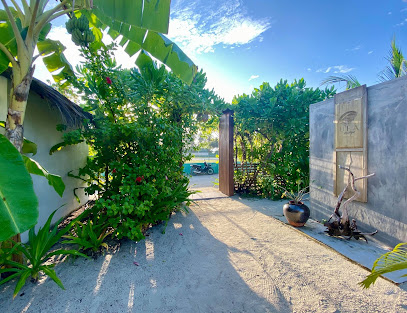
Island Divers
Experience the breathtaking underwater world of the Maldives at Island Divers in Dhigurah, a haven for diving enthusiasts and adventure seekers.
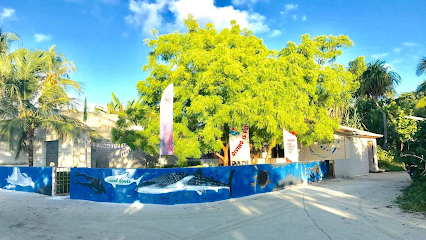
ATOLLKEY Beach Villa
Discover tranquility and adventure at ATOLLKEY Beach Villa, a serene hotel in Dhigurah, Maldives, perfect for relaxation and exploring vibrant marine life.
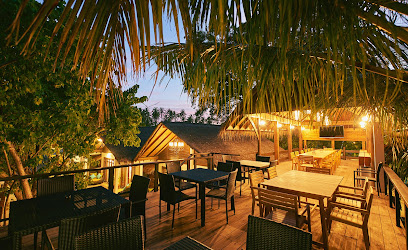
Dhiguveli Breeze
Discover the tranquility of Dhiguveli Breeze, a stunning hotel in Dhigurah, Maldives, where serene beaches and warm hospitality await your arrival.

unwind dhigurah
Experience tranquility at Unwind Dhigurah, a cozy bed and breakfast in the heart of the Maldives, perfect for nature lovers and relaxation seekers.
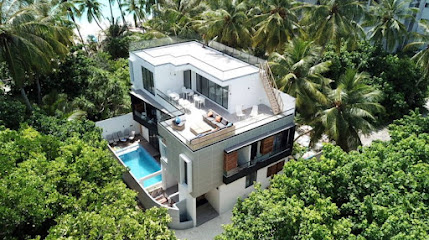
Bonthi Dhigurah
Experience the best of Maldivian cuisine at Bonthi Dhigurah, where fresh flavors meet stunning beachside views, perfect for every food lover.
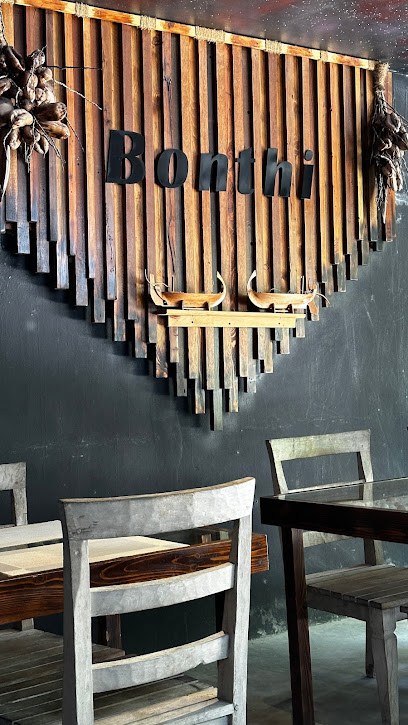
Oceanholic Dive Centre
Explore the mesmerizing underwater world with Oceanholic Dive Centre in Dhigurah, Maldives, where adventure meets tranquility.
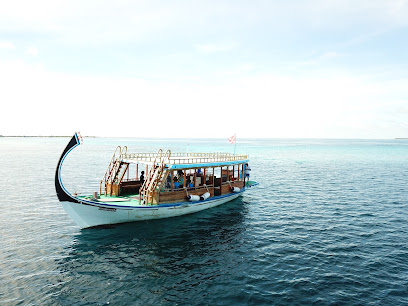
Seaside Dhigurah
Experience the ultimate in relaxation and luxury at Seaside Dhigurah, a hidden paradise in the Maldives offering stunning ocean views and rich marine life.
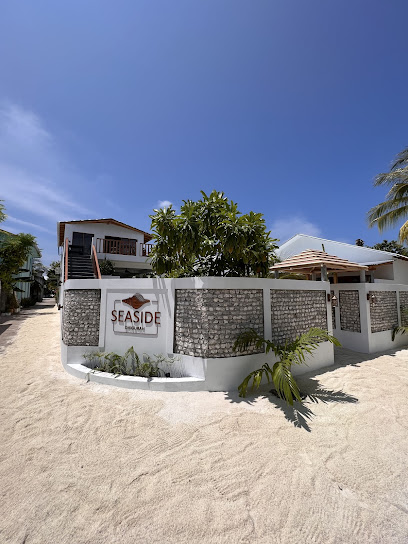
Unmissable attractions to see
Ari Atoll
Experience the serene beauty and vibrant marine life of Ari Atoll, a tropical paradise in the Maldives perfect for relaxation and adventure.
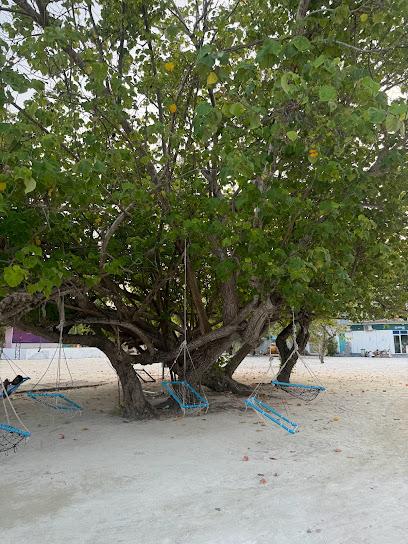
Go Divers Maldives
Explore vibrant coral reefs and diverse marine life at Go Divers Maldives in Dhigurah, your gateway to unforgettable underwater adventures.
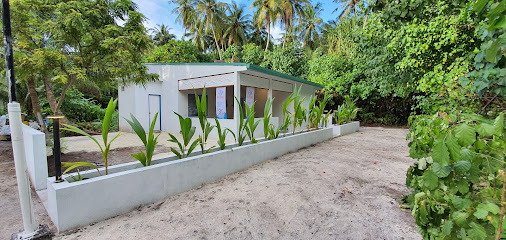
North West Beach - Bikini Beach
Experience the serene beauty of North West Beach - Bikini Beach, a pristine paradise in Dhigurah, Maldives, perfect for relaxation and adventure.
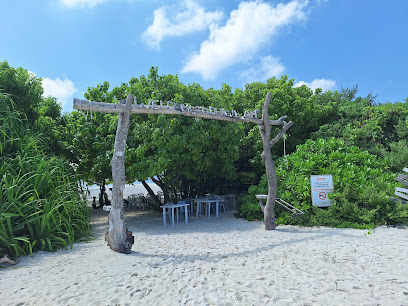
Tree of Wishes
Discover the magic of hope at the Tree of Wishes in Dhidhdhoo, where dreams come alive in a vibrant tapestry of colorful ribbons.
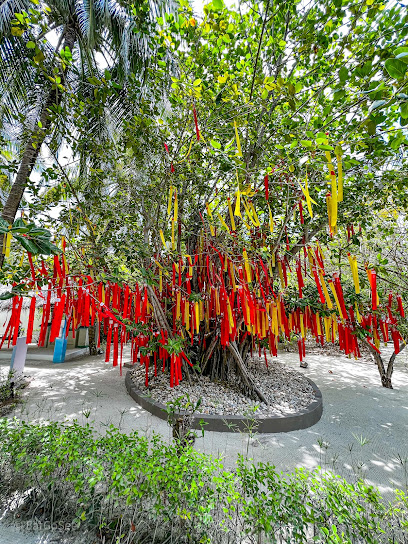
Turtle reef
Explore Turtle Reef: A Snorkeler's Paradise in Dhigurah with Vibrant Marine Life and Stunning Coral Reefs.
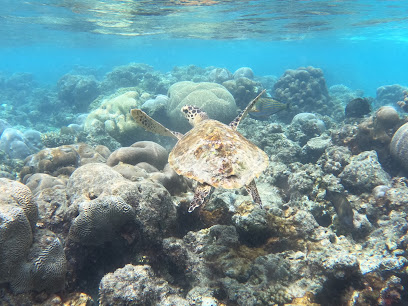
Sandbank Dhigurah
Discover the tropical paradise of Sandbank Dhigurah, a serene escape in the Maldives with pristine beaches and vibrant marine life.
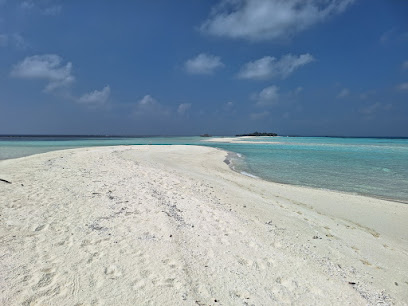
Sunset beach
Discover the beauty of Sunset Beach in Dhidhdhoo, where stunning sunsets meet serene sandy shores, perfect for relaxation and adventure in the Maldives.
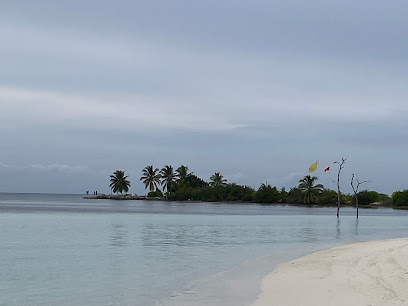
Equatorial forest
Discover the enchanting Equatorial Forest in Dhigurah, Maldives—your gateway to lush hiking trails and vibrant wildlife in a tropical paradise.
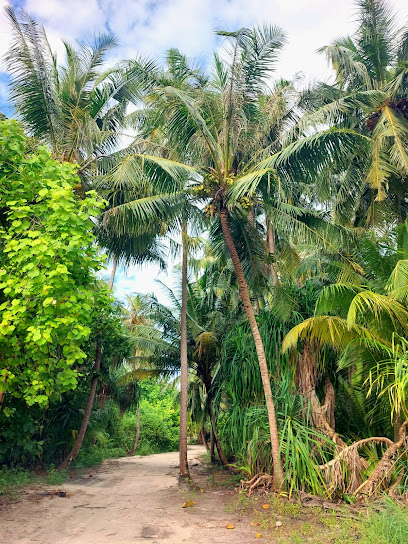
South Ari Marine Park (SAMPa)
Experience the vibrant marine life and stunning coral reefs at South Ari Marine Park, one of the Maldives' most beautiful nature preserves.
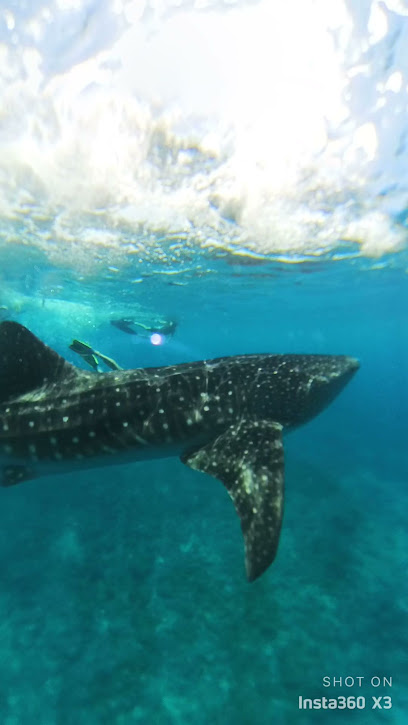
Haamid’s Beach
Discover the tranquil beauty of Haamid’s Beach in Dhigurah, Maldives—an idyllic paradise for relaxation, snorkeling, and breathtaking sunsets.
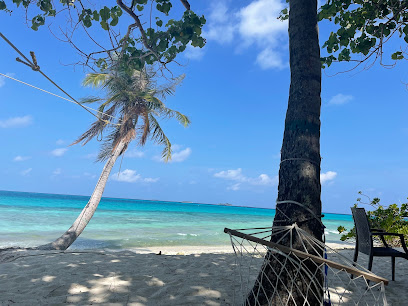
Last herbal on Dhigurah
Explore the serene beauty and herbal wonders at Last Herbal on Dhigurah, a must-visit tourist attraction in the Maldives.
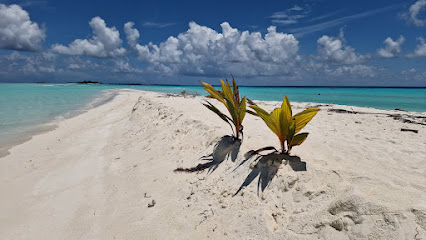
Dhigurah west reef
Explore the breathtaking beauty of Dhigurah West Reef, a premier destination for snorkeling and diving enthusiasts in the Maldives.
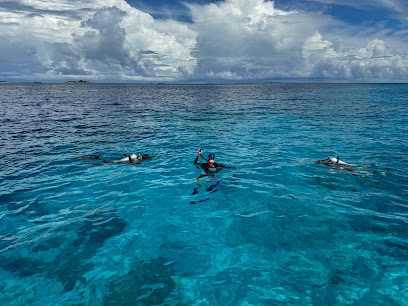
Coral Mission - coral reef plantation
Immerse yourself in marine conservation at Coral Mission, a unique attraction dedicated to coral reef restoration and vibrant underwater exploration in Dhigurah.
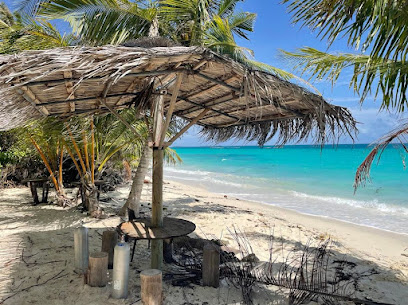
Long beach swing
Discover tranquility at Long Beach Swing in Dhigurah, Maldives, where stunning ocean views and relaxation meet in perfect harmony.
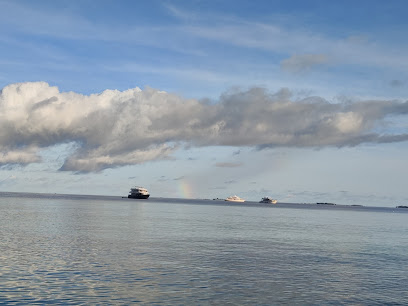
Vakarufahli Thila
Explore Vakarufahli Thila, a stunning diving site in Dhigurah, Maldives, where vibrant coral reefs and diverse marine life await your discovery.
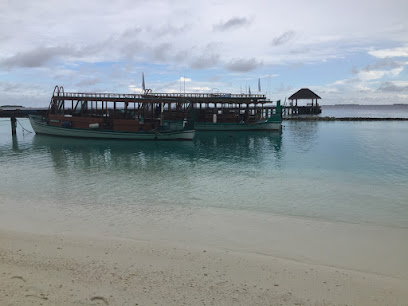
Essential places to dine
Al Pontile
Experience authentic Italian flavors at Al Pontile in Fenfushi - where every meal is a celebration of culinary tradition.
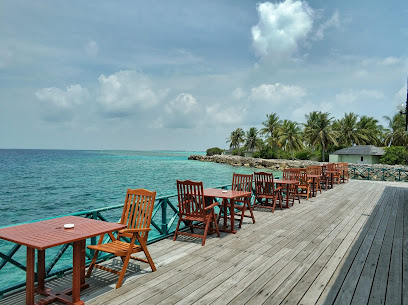
Maaniya Restaurant
Discover the rich flavors of Maldives at Maaniya Restaurant in Fenfushi – where local cuisine meets warm hospitality.
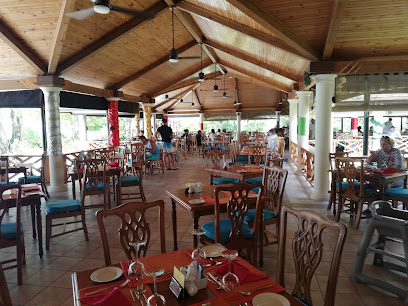
Compass Beach & Bistro
Experience exquisite dining with breathtaking ocean views at Compass Beach & Bistro in Dhangethi.
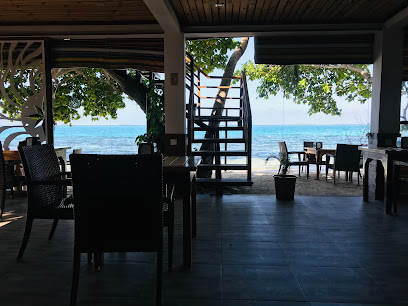
The Blue Moon Café
Experience authentic Maldivian flavors at The Blue Moon Café in Dhangethi - where every meal is a delightful journey.
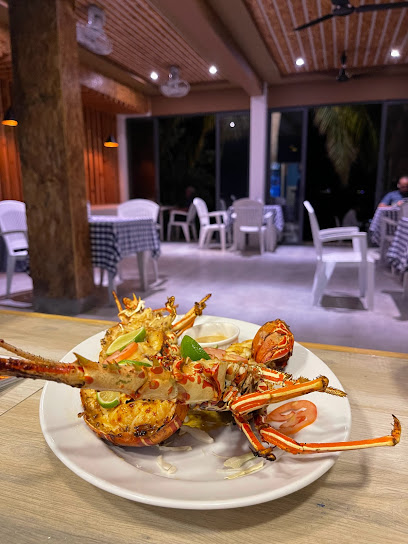
Hermit's
Experience authentic Maldivian cuisine at Hermit's in Dhigurah - where every meal tells a story amidst stunning ocean views.
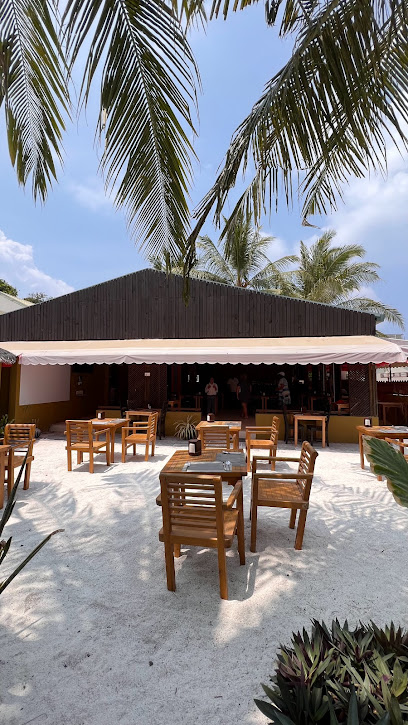
Malaveli Restaurant
Discover delightful dining at Malaveli Restaurant in Dhigurah - where local flavors meet exceptional service.
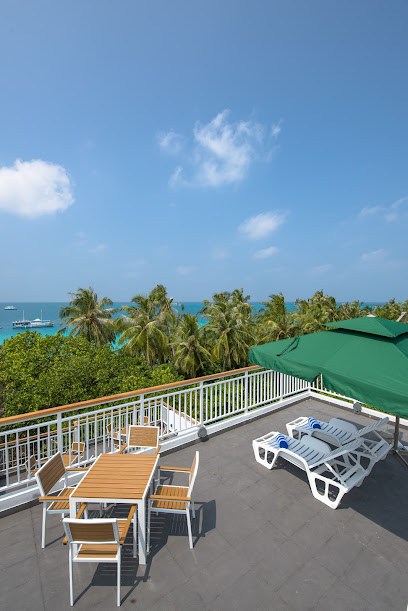
Beach View Cafe
Discover Beach View Cafe: A Culinary Haven with Stunning Ocean Views in Dhigurah - Perfect for Relaxation and Authentic Maldivian Cuisine.
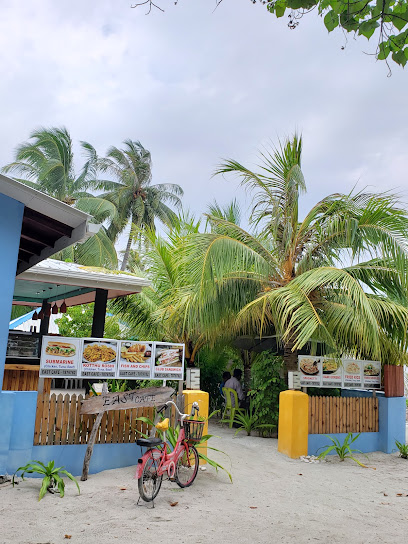
Cafe' Dune
Discover Café Dune in Dhigurah - where local flavors meet international cuisine in a cozy atmosphere.
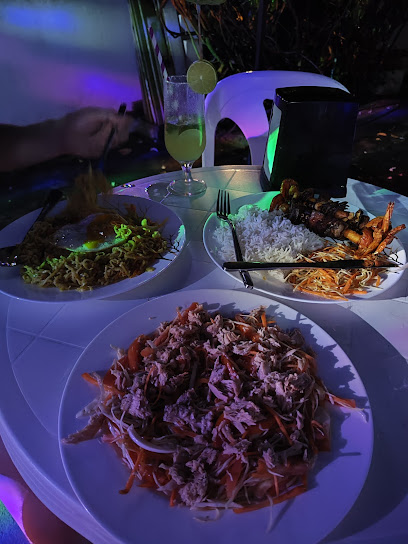
shell restaurant and cafe
Discover authentic Maldivian cuisine at Shell Restaurant and Cafe in Dhigurah—your go-to spot for fresh seafood and local flavors.
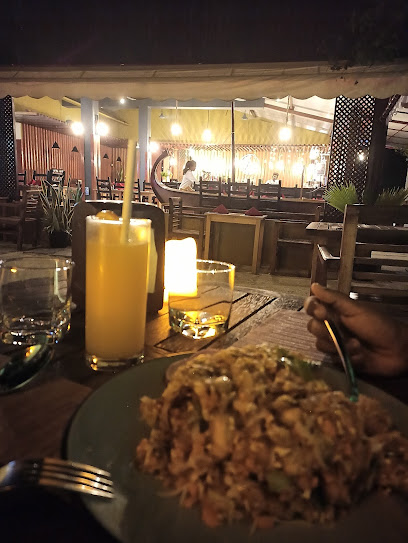
Beach Fresh
Experience delightful Maldivian flavors at Beach Fresh in Maamigili—a family-friendly restaurant serving fresh seafood and local delicacies.
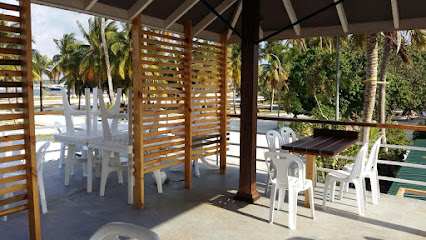
Senses
Experience exquisite dining at Senses in Dhidhdhoo – where local flavors meet international cuisine in a cozy atmosphere.
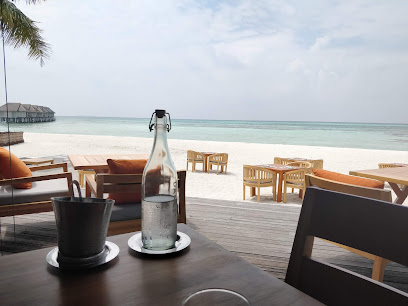
Monalaz cafe
Experience the best brunch in Dhangethi at Monalaz Cafe, where local flavors meet stunning views in a cozy atmosphere.
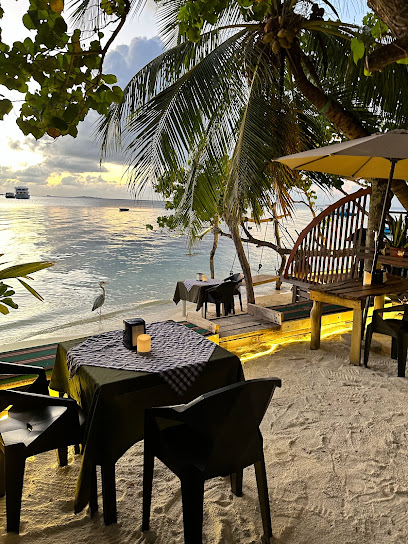
Absolute Thai
Experience authentic Thai cuisine at Absolute Thai on Dhigurah's Beach Road – where every meal is a journey through flavor.
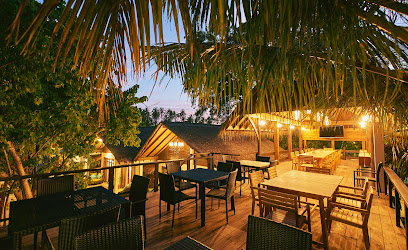
Reef Restaurant
Experience the best of local and international cuisine at Reef Restaurant in Dhigurah – a buffet paradise for every traveler.
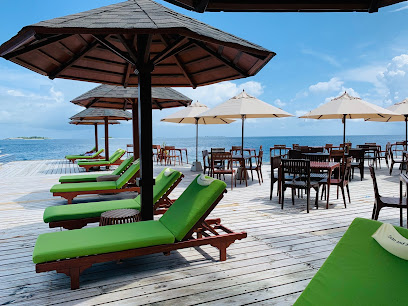
Bonthi Dhigurah
Discover Bonthi Dhigurah: An exquisite dining experience with fresh seafood and local flavors amidst breathtaking Maldivian scenery.
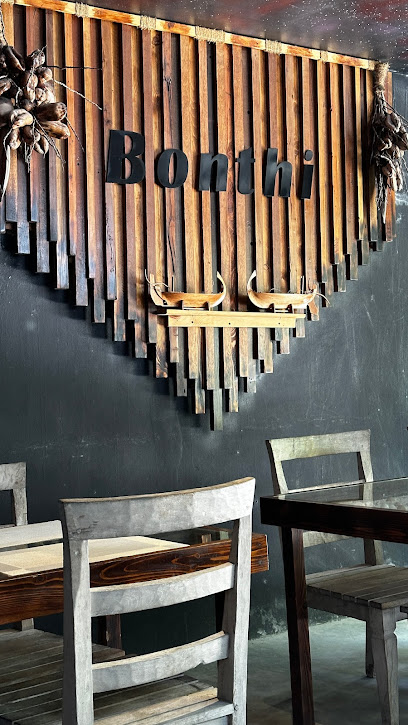
Markets, malls and hidden boutiques
Boutique Beach All Inclusive Diving Hotel
Experience luxury and adventure at Boutique Beach All Inclusive Diving Hotel in Dhigurah, Maldives, a perfect getaway for diving enthusiasts and beach lovers.
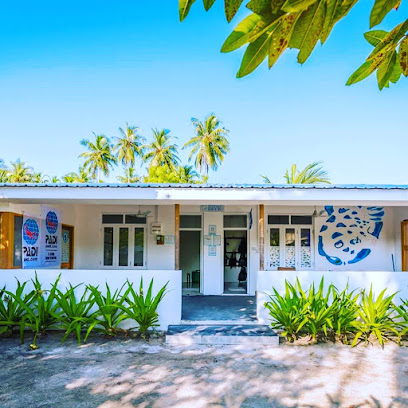
Island Divers
Explore the vibrant underwater world with Island Divers in Dhigurah, Maldives, where adventure meets tranquility in a breathtaking tropical paradise.
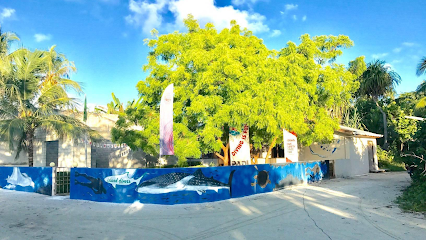
Go Divers Maldives
Discover the underwater paradise of the Maldives at Go Divers, a top-rated diving center in Dhigurah, perfect for all diving enthusiasts.

Tourist shop
Explore the essence of the Maldives at Dhigurah's charming souvenir shop, where every treasure tells a story.
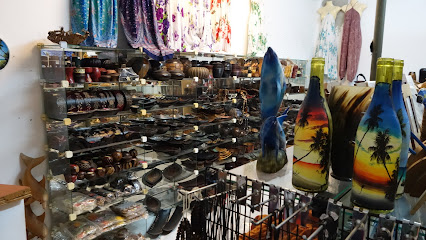
Hudhuveli Mart
Discover Hudhuveli Mart in Dhigurah: the ultimate convenience store for travelers seeking snacks, drinks, and essentials on their island adventure.
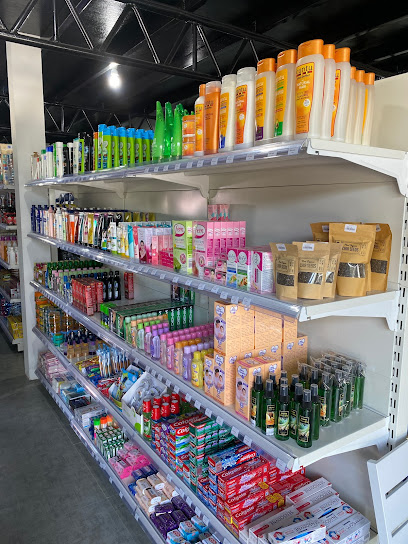
Dhigurah
Experience the serene beauty of Dhigurah, a hidden gem in the Maldives, known for its beaches, diving spots, and local culture.
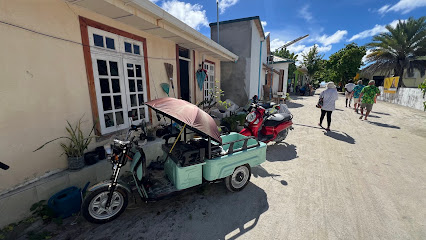
Souvenir Shop
Discover the essence of the Maldives at Dhangethi's Souvenir Shop - a charming destination for unique gifts and local artistry.
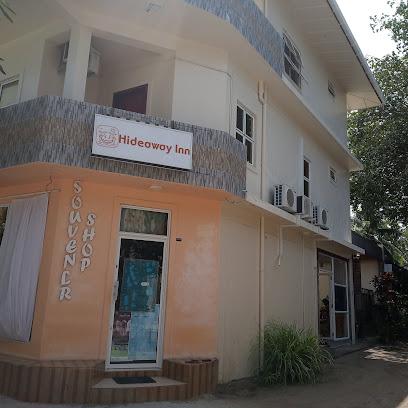
Yaaneer
Discover Dhangethi's local charm at Yaaneer, the ultimate convenience store for tourists seeking essentials and unique Maldivian treats.
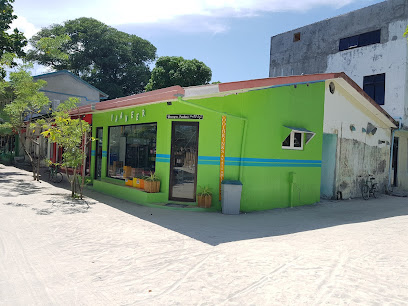
The Green Basket
Discover local flavors and essentials at The Green Basket, your go-to grocery store in Maamigili, Maldives.
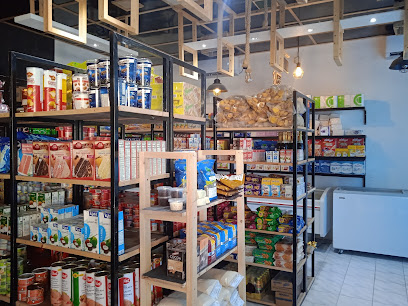
Matharesmaa Store
Explore the best convenience store in Dhigurah, Matharesmaa Store, where you'll find all your travel essentials in one place.
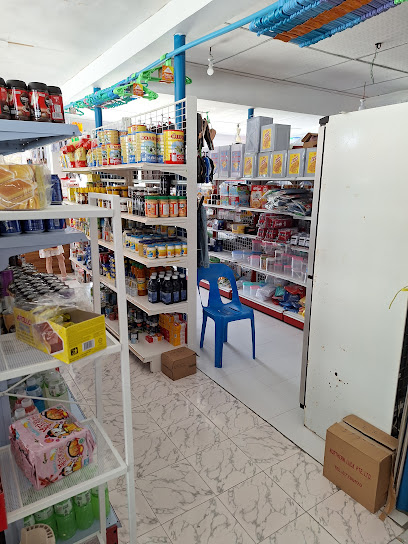
PRINTROOM
Explore the vibrant shopping experience at PRINTROOM in Dhigurah, where local crafts and unique treasures await every traveler.
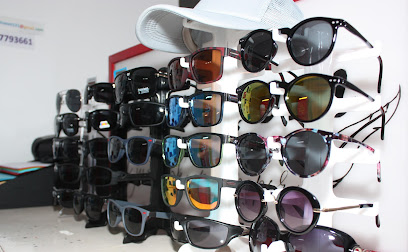
Sting Ray Souvenir Shop
Discover unique Maldivian souvenirs at Sting Ray Souvenir Shop in Dhigurah, where every item tells a story of island heritage.
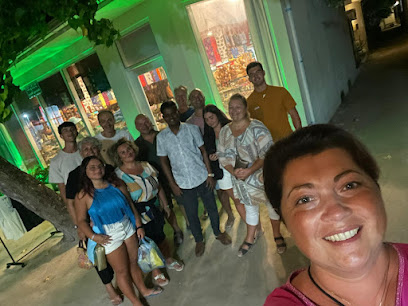
Honey Blocks
Explore local flavors and essentials at Honey Blocks, the charming grocery store in Maamigili, Maldives, perfect for tourists seeking a taste of island life.

The long island
Explore The Long Island in Dhigurah for unique Maldivian crafts, art, and souvenirs that reflect the vibrant culture of the Maldives.
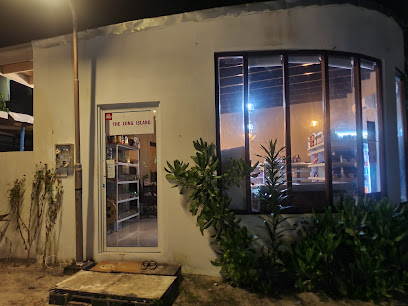
STO Pharmacy
Discover the essential health and wellness supplies at STO Pharmacy in Dhigurah, ensuring a safe and enjoyable island experience.
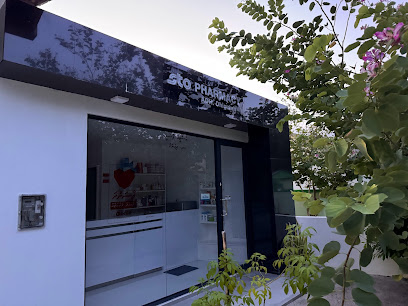
Essential bars & hidden hideouts
Hermit's
Discover culinary delights at Hermit's in Dhigurah, where local flavors meet international cuisine in a stunning tropical setting.
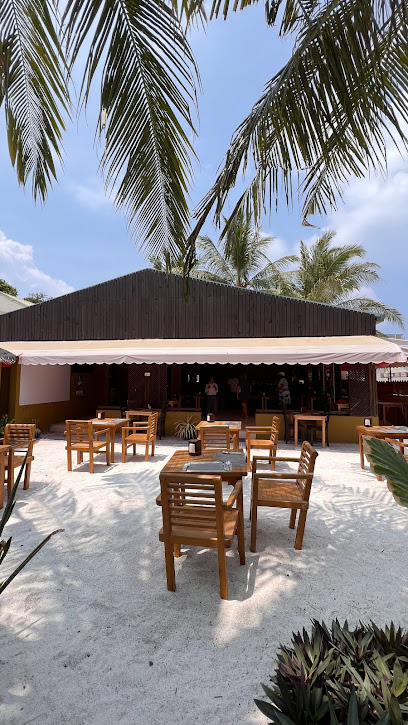
Malaveli Restaurant
Experience authentic Maldivian flavors at Malaveli Restaurant in Dhigurah, a must-visit dining destination for tourists seeking local cuisine.
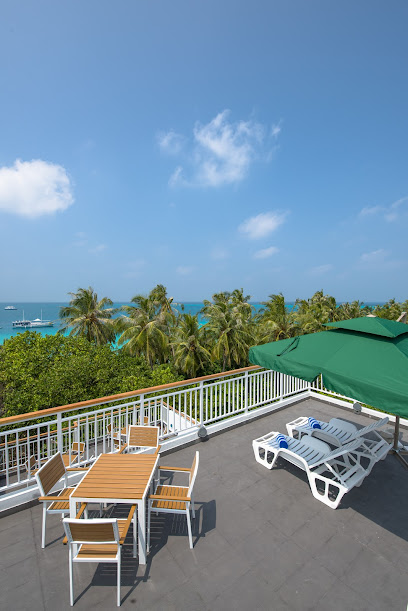
shell restaurant and cafe
Experience the flavors of the Maldives at Shell Restaurant and Cafe, offering fresh local cuisine in a serene setting on Dhigurah.
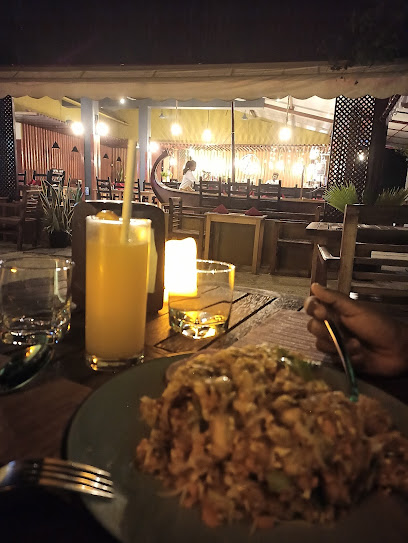
Ithaa Dhigurah
Experience luxury and tranquility at Ithaa Dhigurah, an exquisite hotel in the heart of the Maldives, perfect for relaxation and adventure.
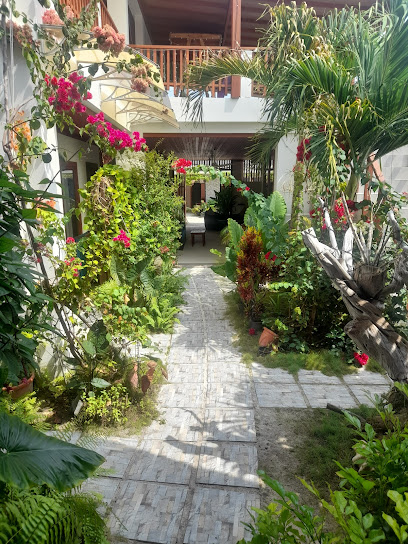
Sunset Bar Angaga Resort
Experience the ultimate relaxation at Sunset Bar Angaga Resort, where breathtaking sunsets and tropical drinks create unforgettable moments.
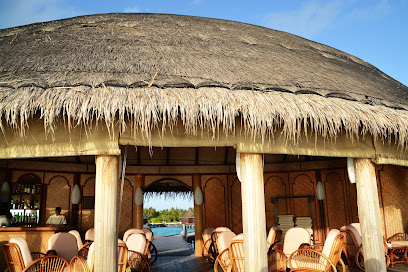
Absolute Thai
Savor the essence of Thailand at Absolute Thai in Dhigurah, where authentic flavors meet a vibrant atmosphere.
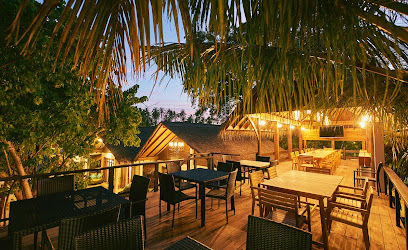
Bonthi Dhigurah
Experience the flavors of the Maldives at Bonthi Dhigurah, where fresh ingredients meet a vibrant atmosphere in a tropical setting.
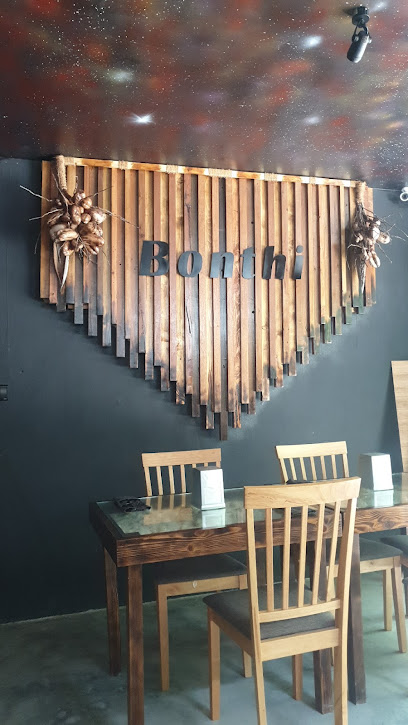
Allegria
Discover culinary delights at Allegria in Dhigurah, where fresh seafood meets the vibrant flavors of the Maldives.
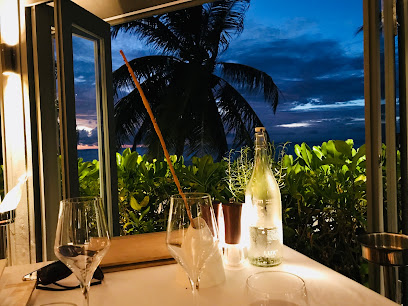
UFA Kitchen
Experience the flavors of the Maldives at UFA Kitchen, a must-visit restaurant in Dhigurah offering a delightful mix of local and international cuisine.
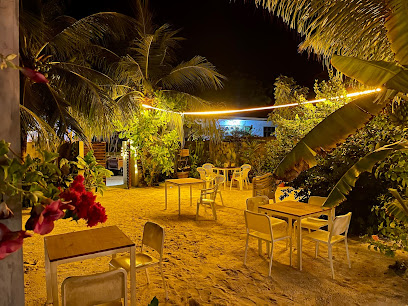
The Beach Rouge
Discover the tranquil beauty of Beach Rouge in Dhidhdhoo, where vibrant beach life and stunning sunsets await every visitor.
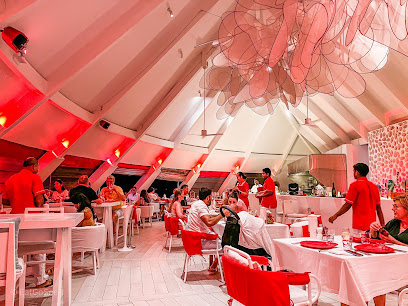
East Bar
Experience the vibrant flavors of the Maldives at East Bar, Dhigurah's premier dining destination, blending local seafood with tropical delights.
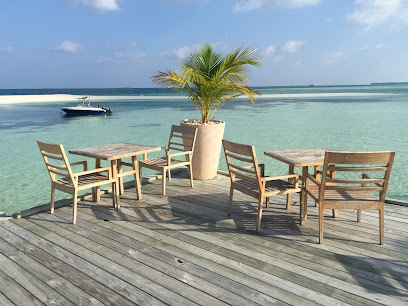
Savaa Restaurant
Discover the exquisite flavors of Maldivian cuisine at Savaa Restaurant in Dhigurah, where fresh ingredients and warm hospitality await you.
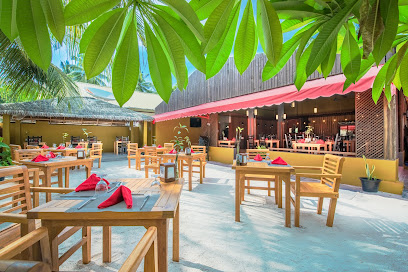
East Market
Discover the rich flavors of the Maldives at East Market, a vibrant restaurant in Dhigurah serving authentic local cuisine in a lively atmosphere.
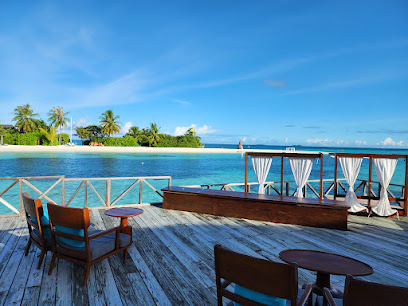
The Lagoon Bar
Experience tropical paradise at The Lagoon Bar in Dhigurah, where breathtaking lagoon views meet refreshing drinks and a laid-back atmosphere.
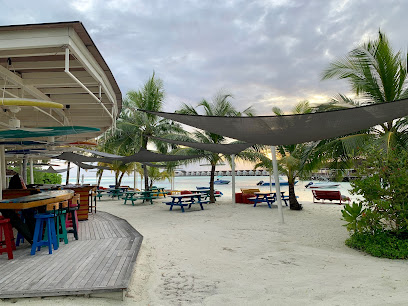
Travel experiences inspired by this city
Explore more travel diariesLocal Phrases
-
- Helloމިއީލޭ
[Mee-lee] - Goodbyeމިއީލޭ
[Mee-lee] - Yesއޮތު
[Oh] - Noނު
[No] - Please/You're welcomeއައްޑައި
[Ah-dha-ee] - Thank youމިއީލޭ
[Mee-lee] - Excuse me/Sorryހައްތަ
[Ha-tha] - How are you?ކިޕްޓެއްވާ?
[Kih-ped-eh-va?] - Fine. And you?މިއީލޭ
[Mee-lee] - Do you speak English?އައްޑައި
[Ah-dha-ee] - I don't understandނު
[No]
- Helloމިއީލޭ
-
- I'd like to see the menu, pleaseއައްޑައި
[Ah-dha-ee] - I don't eat meatނު
[No] - Cheers!މިއީލޭ
[Mee-lee] - I would like to pay, pleaseއައްޑައި
[Ah-dha-ee]
- I'd like to see the menu, pleaseއައްޑައި
-
- Help!ހައްތަ
[Ha-tha] - Go away!މިއީލޭ
[Mee-lee] - Call the Police!އައްޑައި
[Ah-dha-ee] - Call a doctor!މިއީލޭ
[Mee-lee] - I'm lostނު
[No] - I'm illނު
[No]
- Help!ހައްތަ
-
- I'd like to buy...އައްޑައި
[Ah-dha-ee] - I'm just lookingނު
[No] - How much is it?ކިޕްޓެއްވާ?
[Kih-ped-eh-va?] - That's too expensiveމިއީލޭ
[Mee-lee] - Can you lower the price?އައްޑައި
[Ah-dha-ee]
- I'd like to buy...އައްޑައި
-
- What time is it?ކިޕްޓެއްވާ?
[Kih-ped-eh-va?] - It's one o'clockނު
[No] - Half past (10)ނު
[No] - Morningނު
[No] - Afternoonނު
[No] - Eveningނު
[No] - Yesterdayނު
[No] - Todayނު
[No] - Tomorrowނު
[No] - 1ނު
[No] - 2ނު
[No] - 3ނު
[No] - 4ނު
[No] - 5ނު
[No] - 6ނު
[No] - 7ނު
[No] - 8ނު
[No] - 9ނު
[No] - 10ނު
[No]
- What time is it?ކިޕްޓެއްވާ?
-
- Where's a/the...?އައްޑައި
[Ah-dha-ee] - What's the address?ކިޕްޓެއްވާ?
[Kih-ped-eh-va?] - Can you show me (on the map)?އައްޑައި
[Ah-dha-ee] - When's the next (bus)?ކިޕްޓެއްވާ?
[Kih-ped-eh-va?] - A ticket (to ....)ނު
[No]
- Where's a/the...?އައްޑައި
History of Dhigurah
-
The island of Dhigurah, located in the Alif Dhaal Atoll of the Maldives, has a rich history dating back hundreds of years. The name 'Dhigurah' translates to 'long island' in the local Dhivehi language. It is believed that the island was settled by early Maldivian communities due to its fertile land and abundant marine resources. Archaeological findings suggest that these early settlers engaged in fishing, agriculture, and rudimentary trade with neighboring islands.
-
During the period of the Maldivian Sultanate, Dhigurah played a role as a strategic point within the atoll. The island was often visited by royal emissaries and traders. Historical records indicate that Dhigurah was known for its skilled boat builders who contributed to the construction of the Maldivian dhoni, a traditional fishing vessel. The influence of the Sultanate also brought Islamic culture and architecture to the island, evident in the ancient mosques that still stand today.
-
The Maldives, including Dhigurah, experienced periods of colonial interference by the Portuguese, Dutch, and British. The islanders of Dhigurah maintained a resilient stance against foreign domination, preserving their cultural identity and traditions. The British era, in particular, saw the introduction of modern amenities and infrastructure, which had a lasting impact on the island's development. However, Dhigurah remained largely self-sufficient, relying on its traditional industries.
-
Following the Maldives' independence from British rule in 1965, Dhigurah began to experience a gradual transformation. The island saw improvements in education, healthcare, and transportation. The establishment of a local council provided residents with a greater voice in governance. Tourism emerged as a significant industry, with Dhigurah's pristine beaches and vibrant marine life attracting visitors from around the world. This shift brought economic growth while also presenting challenges in balancing development with environmental conservation.
-
Today, Dhigurah is a unique blend of historical legacy and contemporary living. The island's inhabitants continue to uphold traditional practices such as fishing and lacquer work, while also embracing modern professions. Cultural festivals, including Eid celebrations and the annual Fishermen's Day, highlight the community's rich heritage. The preservation of historical sites, such as the ancient coral stone mosques and traditional wooden houses, offers a glimpse into Dhigurah's storied past. The island remains a testament to the resilience and adaptability of its people, making it a fascinating destination for history enthusiasts and travelers alike.
Dhigurah Essentials
-
Dhigurah is located in the Alif Dhaal Atoll in the Maldives. To reach Dhigurah, you will first need to fly into Velana International Airport (MLE) in Malé, the capital city. From Malé, you have a few options to reach Dhigurah: a domestic flight to Maamigili Airport followed by a short speedboat ride, or a direct speedboat transfer from Malé to Dhigurah, which takes approximately 2 hours. Seaplane transfers are also available for a more scenic but expensive option.
-
Dhigurah is a small island, and most places can be reached by walking or cycling. Bicycles are available for rent, and some guesthouses offer them for free. For excursions and trips to nearby islands, speedboats are the primary mode of transport. Local ferries also connect Dhigurah to other islands in the atoll, but they may not run daily and can be slower compared to speedboats.
-
The official currency of the Maldives is the Maldivian Rufiyaa (MVR). However, US Dollars (USD) are widely accepted in resorts, guesthouses, and restaurants. Credit cards are commonly accepted, but it's advisable to carry some cash for small purchases and in case of network issues. ATMs are available in Malé, but there might not be any on Dhigurah, so withdraw sufficient cash before arriving.
-
Dhigurah is generally a safe destination for tourists. There are no specific high-crime areas targeting tourists, but it's always best to stay vigilant. Avoid leaving your belongings unattended, especially on the beach. Respect local customs and dress modestly in public areas to avoid any unwanted attention.
-
In case of emergency, dial 119 for police assistance and 102 for medical emergencies. Dhigurah has a small health center that can handle minor medical issues. For serious medical emergencies, you may need to be transferred to a hospital in Malé. Ensure you have travel insurance that covers medical emergencies and evacuation. Pharmacies are limited, so bring any necessary medications with you.
-
Fashion: Do dress modestly, especially in public areas. Swimwear is acceptable on the beach but cover up when in the village. Religion: Do respect Islamic customs. Avoid public displays of affection and do not consume alcohol outside of designated areas. Public Transport: Do be patient with the local ferry schedules. Speedboats are faster but more expensive. Greetings: Do greet locals with a smile or a slight nod. A simple 'Assalamu Alaikum' is appreciated. Eating & Drinking: Do try local dishes and seafood. Don't eat with your left hand, as it is considered impolite.
-
To experience Dhigurah like a local, attend a traditional Maldivian Boduberu music and dance performance. Visit the local fish market early in the morning to see the day's catch and interact with fishermen. Take a stroll along the beautiful, long sandbank extending from the island. Engage with locals; they are friendly and often willing to share stories about their way of life. Don't miss the opportunity to go snorkeling or diving to explore the vibrant marine life around the island.
Trending Landmark in Dhigurah
Nearby Cities to Dhigurah
-
Things To Do in Fulidhoo
-
Things To Do in Guraidhoo
-
Things To Do in Ukulhas
-
Things To Do in Malé
-
Things To Do in Thoddoo
-
Things To Do in Hulhumalé
-
Things To Do in Huraa
-
Things To Do in Thulusdhoo
-
Things To Do in Maafushi
-
Things To Do in Trivandrum
-
Things To Do in Kanyakumari
-
Things To Do in Kochi
-
Things To Do in Hikkaduwa
-
Things To Do in Bentota
-
Things To Do in Galle











